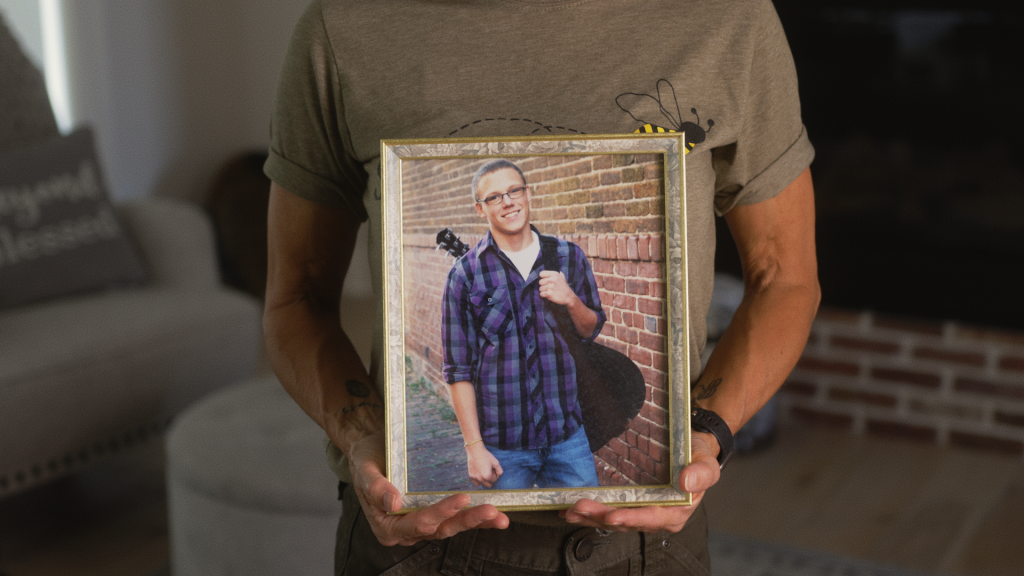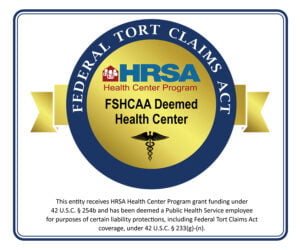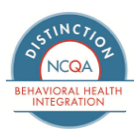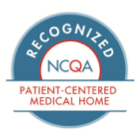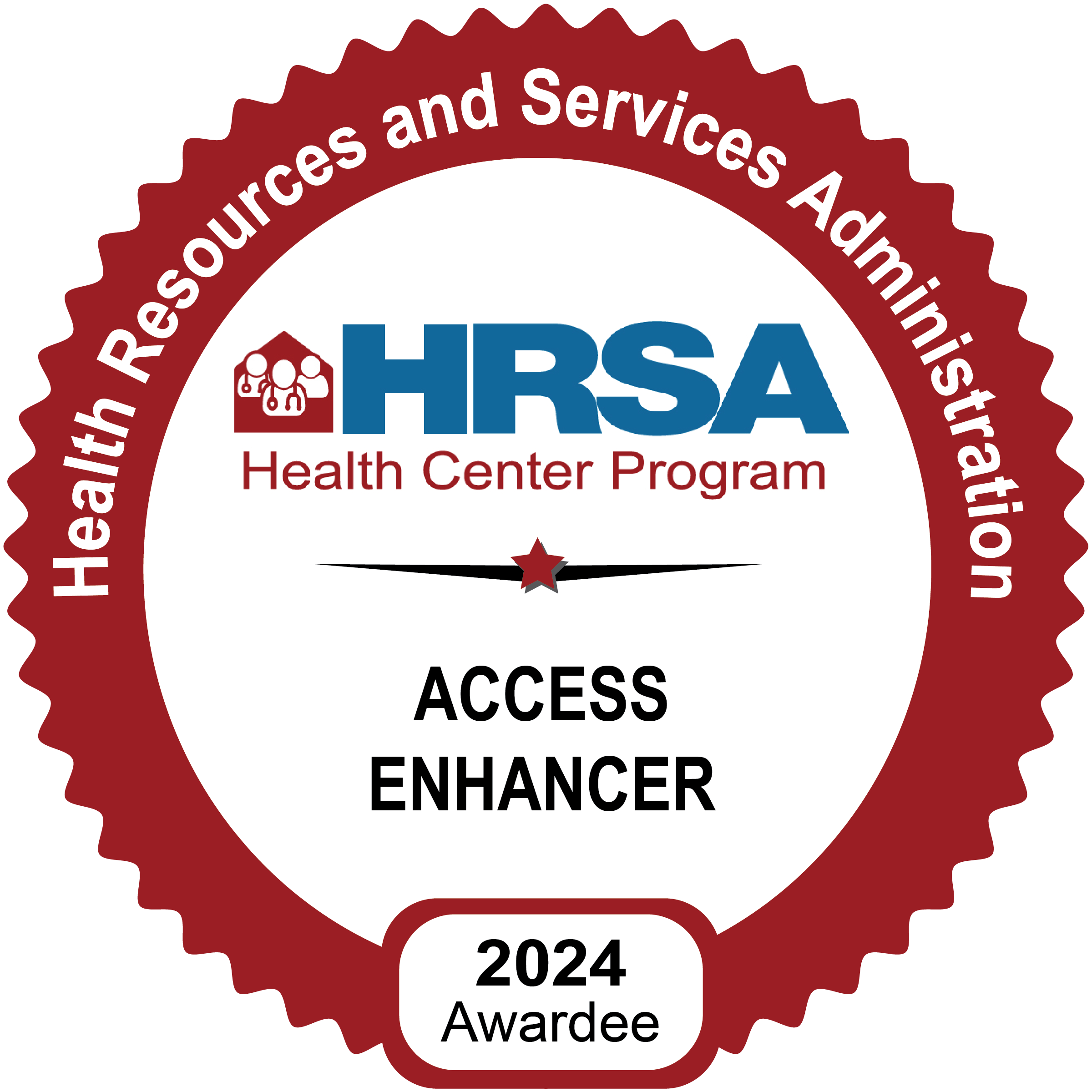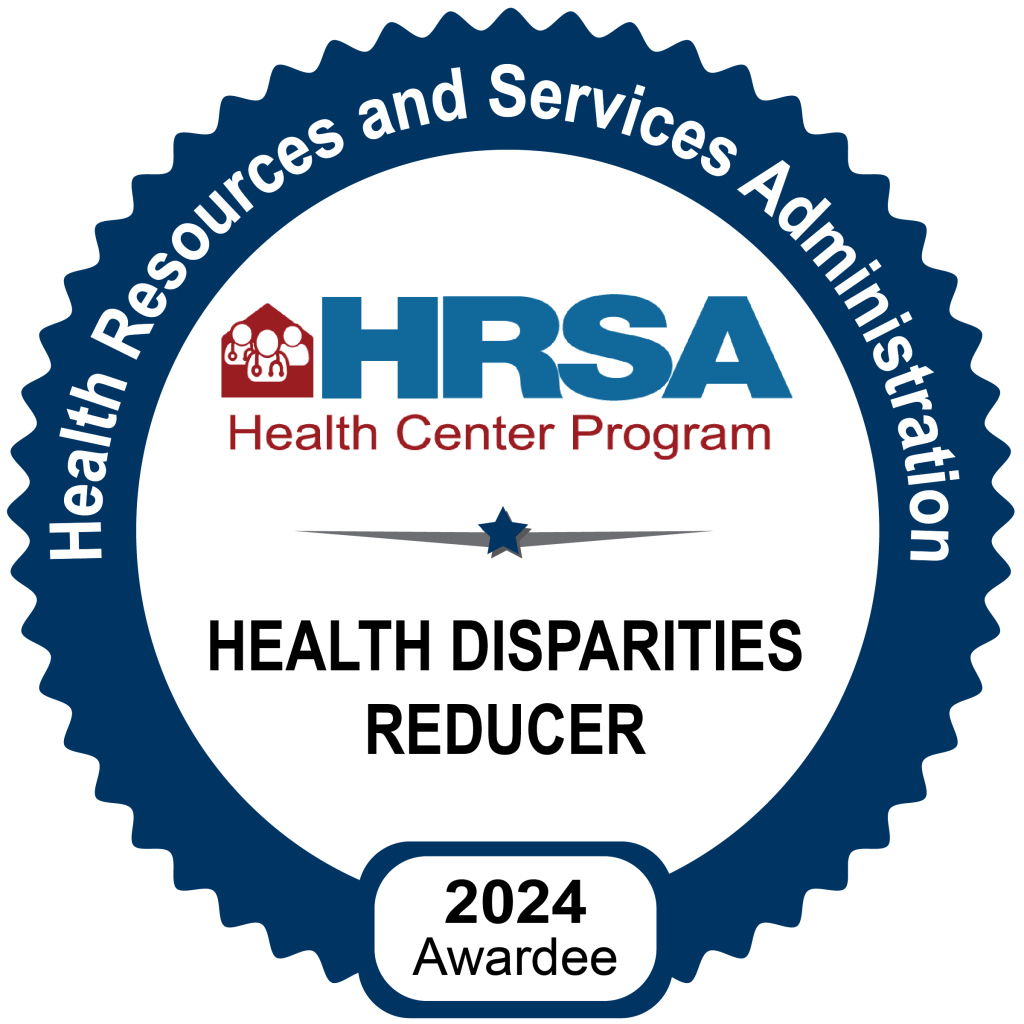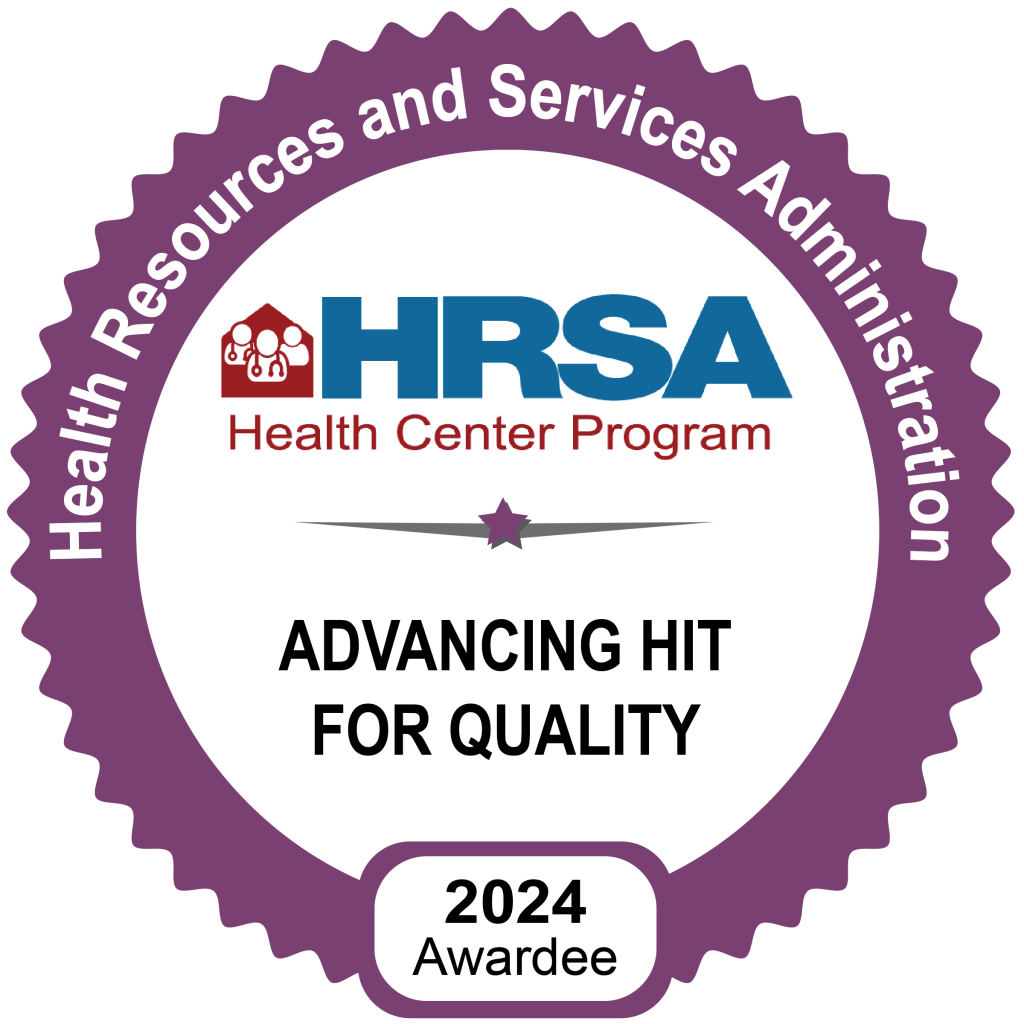September is Suicide Prevention Awareness Month.
It’s a time to raise awareness for those struggling with suicidal thoughts or lost loved ones to suicide.
Suicidal thoughts can affect anyone regardless of age, gender, or background. In the United States in 2020:
- 12.2 million adults considered suicide
- 3.2 million adults made a plan
- 1.2 million adults attempted suicide
- 45,979 people died by suicide. That’s 1 death every 11 minutes.
These thoughts, although common, often show more serious issues. In this special edition of our blog, Justine King shares the story of her family’s battle with suicide, and what you can do to help prevent it.
“He was like my best friend…I know he would never want to hurt me.”
Justine says she knew her son Josh was struggling with his mental health. “We had a lot of conversations the week he passed,” Justine says “He said ‘it’s time to go see a doctor. It’s overwhelming.’ And I told him ‘absolutely.’
Josh had a good sense of humor. Described as the family jokester, he loved to play guitar and would do anything to help someone in need.
“He was like my best friend. He shared a lot of things with me,” Justine says. “He was my crazy-social child, and it’s just different now.”
On Easter Morning, April 16, 2017, Josh King took his life at the age of 24. It was the day after Justine’s birthday and followed a period of personal struggle for Josh.
“I knew in his mind he felt like he was a loser,” she says. “And when you’re in that mindset of thinking that, I knew he couldn’t see past it.”
“To lose your child because of their choice, and because they felt like they didn’t have any hope and that was the only way out, it’s devastating.”
Justine says growing up, Josh suffered concussions and other impacts on the brain. A 2021 study shows people under the age of 26 are at higher risk of certain mental health issues following concussions. That study also shows suicidal thoughts jumped from 1.4 percent at the time of their concussion to 4.7 percent 180 days later. It’s something Justine thinks may have been a factor in Josh’s mental health.
“I wonder if all those things compounding together are what made him want to do this. I know he would never want to hurt me,” she says “So I know his mind was not right.”
Years later, Justine and the King family have found peace and hope in their faith. They started a support group for parents who lost their children to suicide. It’s something that allowed Justine to learn about her son’s situation and provide help to others.
“My advice is to get them to counseling. Get them to see a doctor immediately,” Justine says. “When you’re in a deep depression like that, you have a chemical imbalance in your brain, and it’s not something you can control on your own.”
Integrated Care Consultant Michelle Harris agrees no one should face their mental health battle alone. She put together this list showing how you can help someone in need.
The 3 Keys to Suicide Prevention
1. Know the warning signs
Often, there are warning signs that show someone is considering suicide. That can include changes in mood, giving away prized possessions, changes in physical appearance, and more.
“If someone’s feeling hopeless, helpless, like a burden, or they feel like they don’t have a reason to live, that’s a sign,” says Integrated Care Consultant Michelle Harris. “Also, if they’re saying goodbye to people or giving away possessions, that’s a warning sign that things have changed for them.”
2. Know how you can help
There are many myths about suicide. One of them is that if you ask a person if they are having thoughts of suicide, you are planting the seed. This is not true. In fact, asking the question opens the door for that person to share personal thoughts, feelings and experiences. If a person is thinking about suicide, help them access resources. Free and confidential crisis help is available 24/7 by phone.
“Some of the resources we use include COMCARE Community Crisis Center. We refer the person there, or even give them the information so that they can reach out if needed,” Harris says. “We also encourage people to use the National Suicide Hotline, the 988 number to reach out for help. 911 is also an option.”
3. Trust a Mental Health Professional
Mental Health professionals are trained to help anyone struggling with anxiety, depression, or suicidal thoughts. At Hunter Health, our Integrated Care Model gives us the unique ability to provide access to these critical services to every patient, regardless of the reason for their appointment.
“We have screening tools in place at every appointment to help identify a patient’s mental health concerns,” Harris says. “We’re notified anytime someone answers those questions and shares they are having concerns. We then meet with the patient to determine what is going on and what would be the best for them.”
It’s an example of how our integrated care model can be a game-changer for you and the community around you. It is hands-on, personalized, preventative care that puts you in the driver’s seat of your health. Click here to learn more, and call our clinic at 316-262-2415 to schedule an appointment.


